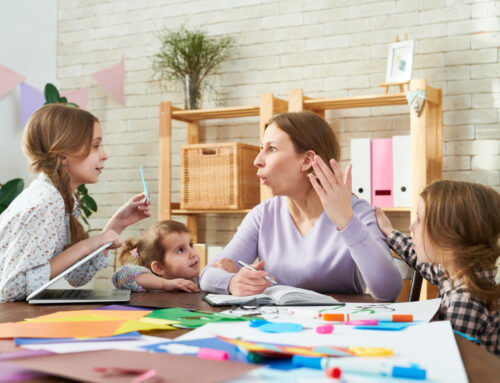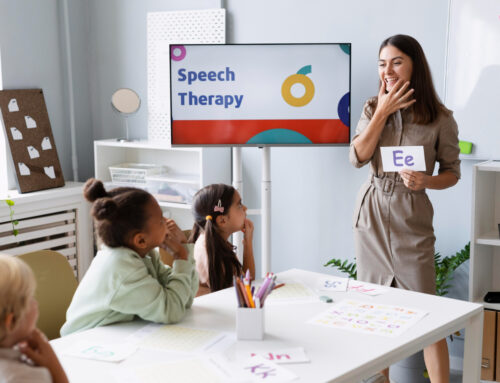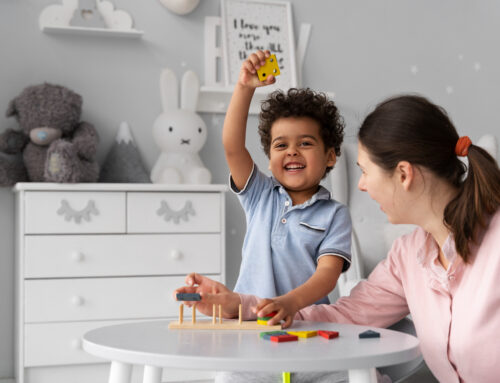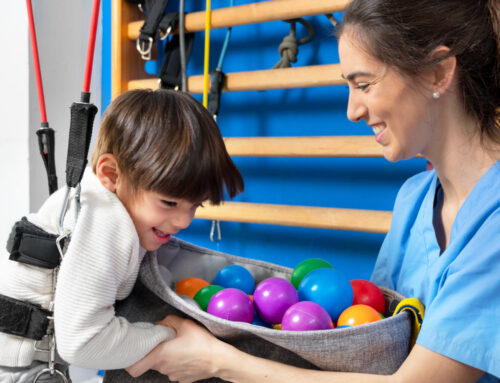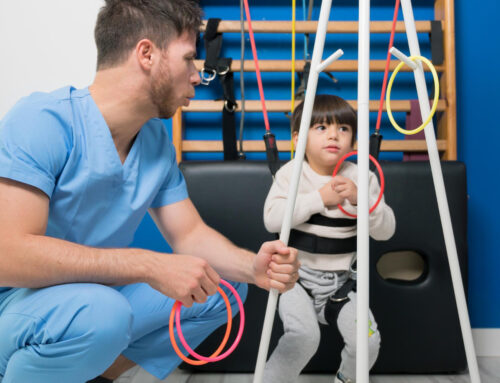Every parenting blog, every childhood foundation, and every pediatric research organization has their designated online soapbox. On top of each of those soapboxes is a block of guilt trips loudly stating that you, the parent, must provide your children with a structured day as well as a structured life. For the most part, there is nothing wrong with this idea that your child’s day should be prepared and planned out…until you go on vacation.
Have you noticed that even though your child may be just fine at home, free of melt downs and abrasive hiccups, it all changes once you take them somewhere far away? It’s not even the new destination that throws your child (and you) off. It’s the new schedule! This means making time for more fun activities during the day while neglecting the activities that you have so meticulously pinned down for home to prevent an apocalyptic episode.
Parents: it is possible to take your child(ren) on vacation and have fun! In order to make this happen, some serious planning needs to happen before you lock the door behind you. Consider all of the things that your child has at home that will not be accessible while you are gone:
- The T.V.: This is probably the worst thing to see go for a couple of weeks in a child’s eyes, but in reality the family T.V. will be staying home.
- The bed: Some children take great comfort in sleeping in their own bed, so this might be an adjustment that parents need to think about.
- The tub and tub toys: Yes, this should be a no-brainer but the tub and the large bucket of toys is not ideal for any trip.
- The high chair: Although there are some portable or travel-friendly options for young children, high chairs for the most part are left at home which means the child needs to figure out how to eat sitting in a different meal arrangement.
- Anything that can’t fit in a duffle bag: If anything, use the rule of thumb that any items that can’t fit into a tiny duffle bag should be left home.
Think of the items you can still take with consideration to how much you can carry in your car or on a plane:
- Snacks: Keep a few fun snacks on hand for car trips and for airplane rides (according to airline regulations).
- A few toys within reason: It is not a crime to bring one or two small toys on a trip, but don’t get carried away.
- Blankies or other comfort items: If your child is a “blanket baby” these are still small enough and travel-friendly enough items to bring.
- Pocket-sized electronics: Iphones, tablets, and other small electronics can be useful distractions but make sure that your child isn’t on the screen during the entire trip or else it defeats the purpose of a vacation.
- Books or coloring books: Again, only a few that can fit in a small bag.
Have a plan B:
- Buying things during the trip: This includes snacks and cheap knick-knack toys and books that can be disposed of after the trip.
- Distractions, distractions, distractions!: If you are keeping your child busy and engaged in trip activities (rides, parks, etc.), then it might help them forget about their go-to comforts of home.
- Breaks during the trip: Know that your trip isn’t going to be perfect and that unplanned breaks and stops will be made. In order to accommodate for this, don’t back your schedule too tight full of activities that require you to be somewhere at a certain time.
Practice!
- Go on short road trips away from home, even if it’s an hour out. Minimize how many toys your child can bring.
- Purposefully have your child do activities during nap-time for a few days before the trip to get used to being tired.
- Skip baths on occasion, especially if your child expects one every day at the same time.
- Talk about the trip with your children. Get your child involved in planning the trip by having them look at pictures or videos of things they are going to do or see.
- Reduce television time: Get your child away from the T.V. in order to get them to try other activities.
- Allow your child to get bored. If you are a parent who plans every single one of your child’s daily activities, then transitioning to a vacation will be difficult. Letting them get bored or come up with own ways to occupy themselves helps immensely for long car rides and airplane rides.
- Let your child try some campouts or sleepovers where they sleep somewhere else in the house besides their own bed like the living room.
If your child has a developmental condition (i.e. autism, ADHD, Down syndrome, etc.) that makes destructing a structured day even more difficult that it would for a typically growing child, consult with your pediatrician and occupational therapist. Both professionals may be able to offer more ideas about how to prepare your child for unpredictable moments during a vacation and how to handle behavioral problems that may arise.

